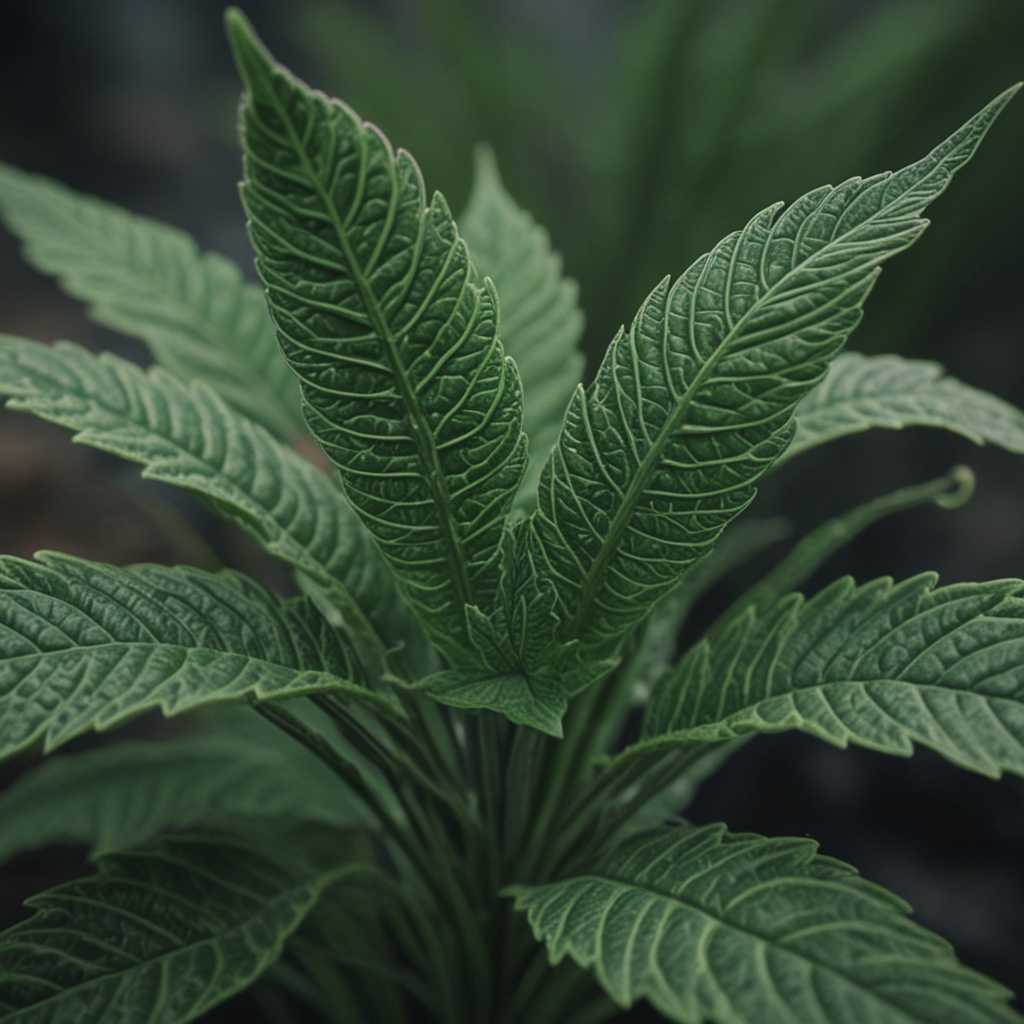Acanthopanax Senticosus (Acanthopanax senticosus)
Acanthopanax Senticosus (Acanthopanax senticosus) is a member of the Araliaceae family, native to China, North Korea, and Russia. Traditionally, its roots, stems, and rhizomes have been used for decoctions, powders, and infusions.
This herb is particularly valued for its tonic, anti-inflammatory, and stimulant actions, and has a long history of use in korean traditional medicine, traditional chinese medicine, and japanese kampo medicine.

Quick Facts / Key Information
| Common Name | Acanthopanax Senticosus |
|---|---|
| Scientific Name | Acanthopanax senticosus |
| Plant Family | Araliaceae |
| Genus | Acanthopanax |
| Species | senticosus |
| Native Range | China, North Korea, Russia |
| Plant Parts Used | Roots, Stems, Rhizomes |
| Primary Medicinal Actions | Tonic, Anti-Inflammatory, Stimulant |
| Primary Traditional Systems | Korean Traditional Medicine, Traditional Chinese Medicine, Japanese Kampo Medicine |
| Historical Preparation Methods | Decoction, Powder, Infusion |
Botanical Identity
- Scientific Name
- Acanthopanax senticosus
- Common Name
- Acanthopanax Senticosus
- Synonyms / Alternative Names
- Siberian Ginseng, Eleuthero, Five-Leaf Ginseng
- Plant Family
- Araliaceae
- Genus
- Acanthopanax
Botanical Description
- Growth Habit
- Perennial herbaceous plant.
- Height
- It typically grows to a height of 1 to 3 meters.
- Leaves
- Simple leaves with dark green upper surface and lighter green lower surface, featuring prominent stomatal bands along the midrib.
- Flowers
- Racemose inflorescence with actinomorphic flowers having five white petals and five yellow stamens arranged in a single whorl
- Stems
- Erect, woody, branched stems with opposite leaf scars and persistent stipular remnants.
Traditional Uses / Historical Use
Traditional Systems
- Korean Traditional Medicine
- Traditional Chinese Medicine
- Japanese Kampo Medicine
- Tibetan Medicine
Historical Preparation Methods
- Decoction
- Powder
- Infusion
- Tincture
Medicinal Actions
- Tonic
- Historically regarded as a mild tonic, for long-term use contexts.
- Anti-inflammatory
- In herbal literature, noted as a soothing anti-inflammatory, for irritation-related applications.
- Stimulant
- As described in traditional systems, a warming stimulant, for vitality-related discussions.
- Sedative
- In herbal texts, considered a gentle sedative, for relaxation-oriented uses.
Active Compounds
- Saponin
- A chemical class frequently identified in herbaceous and woody plants.
- Flavonoid
- A group of naturally occurring compounds commonly present in many flowering plants.
- Glycoside
- Plant-produced compounds commonly stored in inactive glycosylated forms.
- Alkaloid
- A diverse group of secondary metabolites present in numerous plants.
Modern Research Overview
Scientific literature concerning this plant spans multiple areas, including phytochemistry and laboratory research. Detailed analysis of published studies is not included at this time and will be added as part of future editorial expansion.
Safety & Contraindications
- General Precautions
- General precautionary guidance for this herb is not clearly established in available sources.
- Contraindications
- Contraindications for this herb are not clearly established in available sources.
- Allergies
- Allergic reactions associated with this herb have not been well documented.
- Drug Interactions
- The potential for interactions with prescription medications has not been extensively studied.
- Toxicity
- The use of this herb has been linked to reported toxic effects.
- Pregnancy & Breastfeeding
- Available information regarding use during pregnancy or breastfeeding is limited.
Preparation & Usage Methods
- Infusion
- Dried or fresh plant parts are infused in hot water and consumed as a beverage.
- Decoction
- Plant parts are gently boiled in water to release soluble constituents.
- Poultice
- A topical preparation made by applying softened plant material externally.
- Powder
- This method converts dried plant material into a uniform powder.
- Extract
- Plant compounds are extracted using water, glycerin, or other solvents.
Growing, Harvesting & Storage
Growing / Cultivation
- Soil
- Prefers loamy soil with well-drained conditions. Typically grows best in organically rich soils.
- Sunlight
- Thrives in partial shade. Tolerates full sun to partial shade.
- Watering
- Prefers well-balanced moisture levels. Tolerates periodic dry conditions.
Medical Disclaimer
The information provided on this page is for educational and informational purposes only. It is not intended to diagnose, treat, cure, or prevent any medical condition. Always consult a qualified healthcare professional before using any herb for medicinal purposes.